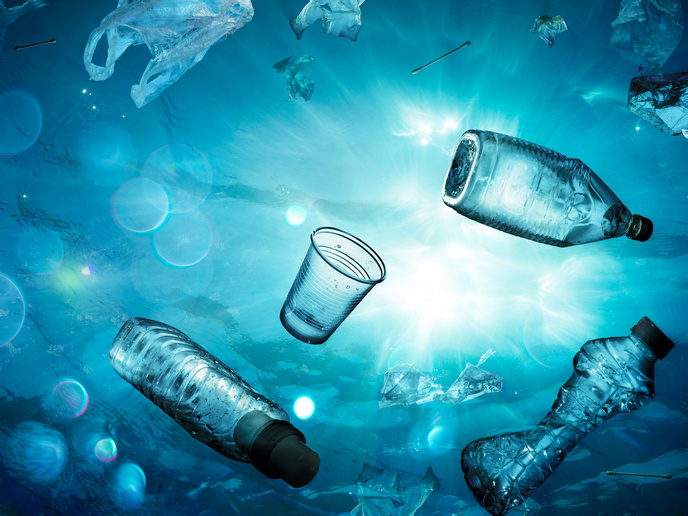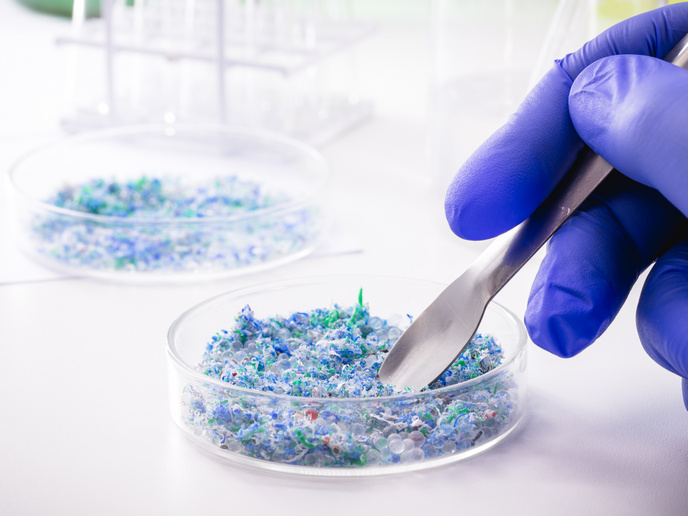Young Europeans investigate plastic pollution in rivers and the ocean
The ‘Plastic Pirates – Go Europe!’ citizen science initiative engages young Europeans aged 10 to 16 as citizen scientists. They explore rivers, waterways, and coastal areas to collect scientifically valuable data on waste pollution, with a particular focus on macroplastics and microplastics. Researchers across Europe validate and analyse this data, contributing to scientific excellence and supporting the monitoring of EU policy objectives. These include the Zero Pollution Action Plan(opens in new window) , the Marine Strategy Framework Directive(opens in new window) and the EU Single Use Plastics Directive(opens in new window). The initiative is part of the EU's Mission Restore our Ocean and Waters by 2030(opens in new window). It contributes to the Mission’s objectives by empowering young Europeans to take action against plastic pollution and supplying data aimed at reducing macro- and microplastics in our waterways and seas by 2030. The PlasticPiratesEU(opens in new window) project, funded by the EU, aims to expand the ‘Plastic Pirates – Go Europe!’ citizen science initiative across the continent. Since 2022, nine additional European countries have joined the initiators Germany, Portugal and Slovenia, bringing the total to 12, with more expected to join in 2024. Since June 2022, about 7 000 teenagers have participated in the ‘Plastic Pirates’ campaign across Europe, sampled 121 rivers or waterways and found over 16 000 plastic items. Researchers are now consolidating the data for further scientific investigation. The 'Plastic Pirates' approach and its data, most notably the 7-year experience of the 'Plastic Pirates' partners in Germany, have been noted in scientific publications(opens in new window).
A whole-of-society approach against plastic pollution
“A key success factor of the project is the centrally harmonised protocol for collecting samples with citizens implemented by experienced, local partners,” reveals scientific advisor Simone Berk. The local partners leverage their networks to actively involve schools, teachers and participants in the ‘Plastic Pirates’ initiative. In addition to engaging citizen scientists, these partners extend the initiative's reach nationally, by organising complementary local activities like coastal clean-ups and aligning with activities of the Mission Ocean and Waters. The project’s materials are designed to directly engage citizens with science and increase their ocean literacy. The Plastic Pirates Action Booklet serves as a hands-on protocol for participants to collect scientifically valuable data to monitor plastic pollution in waterways. The project also provides educators with teaching materials on the risks of plastic pollution in rivers and the ocean, as well as guidance on responsible consumer behaviour. These resources are available in the 12 languages of participating countries and can be freely accessed on the PlasticPiratesEU website(opens in new window).
A sustainable citizen science action
To contribute to excellent science and monitoring of EU directives, the project will provide consolidated data sets for all countries in international data repositories by mid-2024. In line with the Mission Ocean and Waters’ objectives, the protocol will also be expanded by a coastal booklet to better enable data collection on coastlines and beaches. By November 2024, at the conclusion of the project, PlasticPiratesEU aims to publish a report detailing the insights gained from the scaling up and Europeanisation of the 'Plastic Pirates' citizen science initiative. This report is intended to serve as a valuable resource, providing guidance and best practices for scaling up other citizen science initiatives at European level. In the months following the completion of the project, the team aims to sustain and continue the ‘Plastic Pirates’ initiative across Europe. To secure national follow-up funding to this end, PlasticPiratesEU and local partners are engaging national ministries and other funding agencies.







